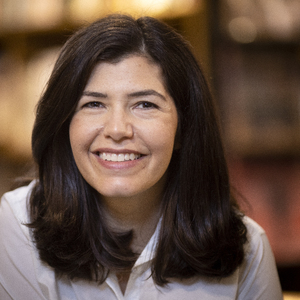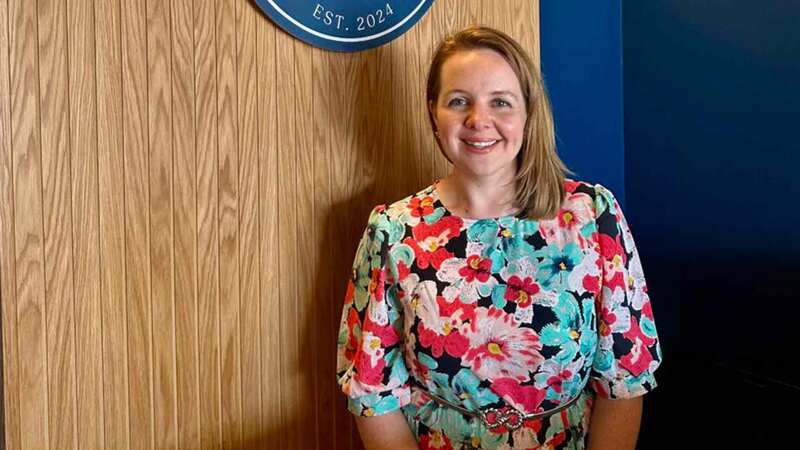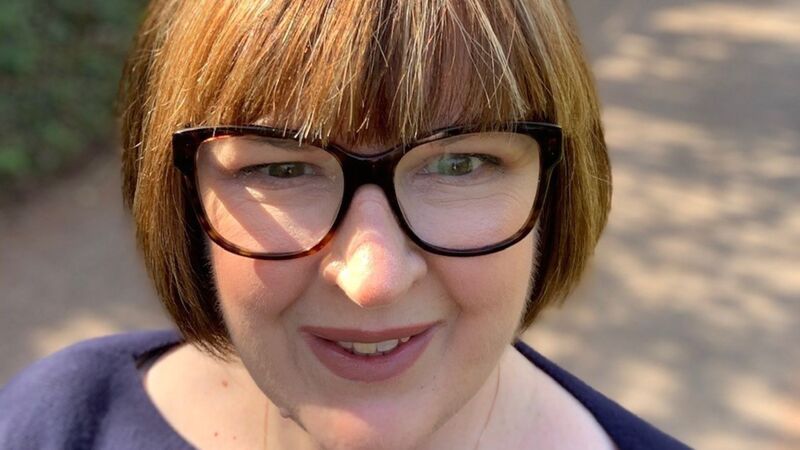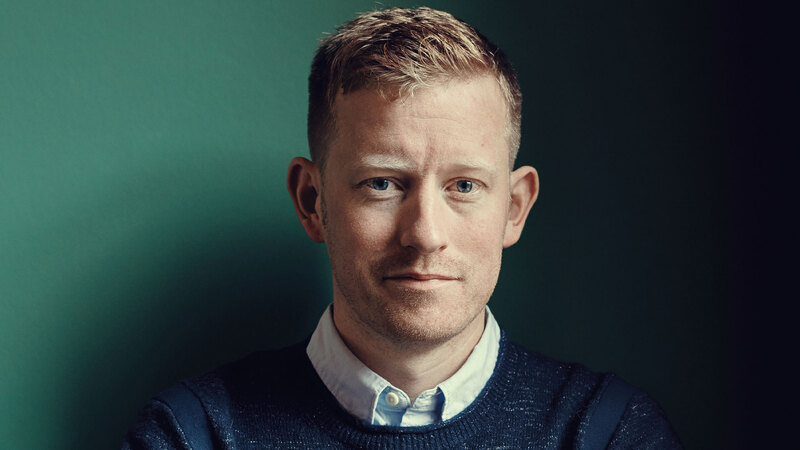Save the children's
Children’s publishing is in crisis and we need to take a stand for more thoughtful, challenging books.
I felt a jolt of righteous gratitude for the "Today" programme’s coverage last month of the declining attention paid by the media to children’s books and of the effects of the publishing industry’s focus on celebrity authors. How reassuring to hear the BBC acknowledge what many of my colleagues and I consider to be a genuine cultural crisis.
I represent authors who write for children and teenagers. And I think British children’s literature is under threat.
It’s already hard to make money as a writer (the Authors’ Licensing and Collecting Society Authors’ Earnings report makes this plain); it’s even harder for children’s writers. The recommended retail price of a children’s novel is rarely higher than £7.99; publishers sell the majority of children’s books to retailers at high retail discounts, earning authors decreased royalties. For most authors, advances have been stagnant for years; very few break the £20,000 ceiling, and most don’t get nearly that much. It is nearly impossible for writing children’s books to be a full-time career, particularly for authors who don’t already have the support of socioeconomic privilege.
And it’s a struggle for publishers to promote and sell new children’s books. Libraries are so underfunded that they can’t buy much, assuming they’re actually open. Broadsheet review coverage has dwindled, though I welcome the Telegraph’s recent commitment to featuring one (one!) children’s book each week, alongside the usual dozen or so adult books. Other than the Yoto Carnegie Medals, are there any critically adjudicated UK children’s book prizes that meaningfully boost visibility outside our industry? The Costas are gone, the Guardian Children’s Fiction Prize is gone. I’m grateful that the Waterstones Children’s Book Prize and the Booksellers Association’s awards still exist but their winners are chosen by booksellers and readers and they generally recognise books that have already achieved a degree of commercial success.
As the head of one major children’s publisher told me sadly: "We’re not publishing books; we’re publishing people"
What does make a difference to a book’s sales is whether children and adults know about it. So what are consumers seeing? Books that are stocked by supermarkets and discount outlets like the Works (where the author might earn as little as 3p for every copy sold). Young adult books that catch the attention of the BookTok community. The few titles anointed by Waterstones. Juggernaut "brand" authors such as Julia Donaldson and J K Rowling. And books by celebrities, many of whom are are first and foremost television personalities or performing artists, whose names publishers hope parents will recognise when they’re browsing the shelves at Tesco. As the head of one major children’s publisher told me sadly: "We’re not publishing books; we’re publishing people."
All of this squeezes out the writers of thoughtful, challenging fiction for children. The canon of British children’s literature is one of this country’s great cultural achievements—and exports—but it’s increasingly a losing proposition to try to make a living writing it. The bulk of my agency’s children’s book-based income comes from authors based outside the UK to publishers outside the UK, which pains me. Every week I see promising new work that I know will not find even modest financial success. This reality is absolutely shrinking the output of high-quality British children’s literature. In the US, books get banned for political and cultural reasons; here, we have a kind of soft book-banning instead, as publishers tailor their products to an ever narrowing retail market.
The media is certainly part of the problem. (Why can’t "Front Row" include a regular slot on noteworthy children’s books? Where is the book of the week segment on "Newsround"? Remember the days when the Guardian ran a full page on its Fiction Prize winners?) I also blame the governments of the past decade or so for their relentless decimation of public and school libraries. But publishers have a responsibility here, too. I’ve lost count of the conversations I’ve had with editors who lament the difficulty of breaking out a new author of upmarket children’s fiction. It’s the market, they say. We need blockbusters. The result: publishers seem to be commissioning books to chase those few highly visible slots, and grasping at "names" in the hope that consumers will recognise them in numbers significant enough to make a P&L work.
I’m not trying the bite the hands that feed me and my clients. Obviously publishers must make money, and I know that most editors crave balance: they want big books whose earnings enable them to also buy riskier books. But that balance is perilously uneven these days and it’s not going to stabilise by itself. Acquiescing to "the market" is leading us to a future in which children won’t be able to choose between literary and commercial fiction, as adults have ample opportunity to do.
Publishing a broad variety of children’s books will not just enable authors of quality fiction to continue to write it, it will also help ensure that today’s young readers will be interested in all kinds of books when they’re adults. Surely that’s an investment worth making?

















